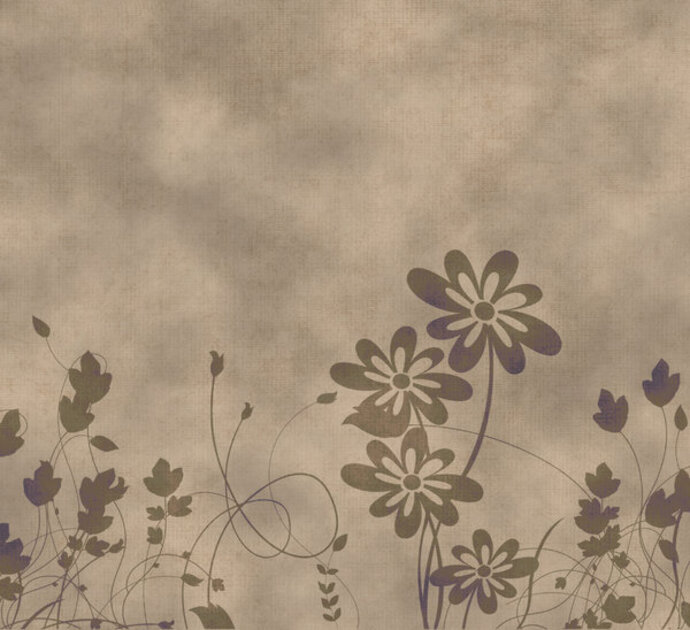
Our Gemara on Amud Aleph discusses the prohibition of cutting down a fruit bearing tree. This is a matter that is taken seriously, and the Gemara even relates a story about someone who died, apparently from the spiritual backlash of this destructive act.
Rabbenu Yonah (Shaarey Teshuva 3:82) says this prohibition extends to any wasteful or destructive act, and warns to not even waste a penny. While this commandment is common sense and basic good character, the Chinuch (529) has a compelling and inspiring way of describing this mitzvah. His words speak for themselves:
ืฉืจืฉ ืืืฆืื ืืืืข, ืฉืืื ืืื ืืืื ื ืคืฉื ื ืืืื ืืืื ืืืชืืขืืช ืืืืืืง ืื, ืืืชืื ืื ืชืืืง ืื ื ืืืืื, ืื ืจืืืง ืืื ืืืจ ืจืข ืืืื ืืืจ ืืฉืืชื. ืืืื ืืจื ืืืกืืืื ืืื ืฉื ืืขืฉื, ืืืืืื ืฉืืื ืืฉืืืื ืืืื ืืืจืืืช ืืืงืจืืื ืืืชื ืืชืืจื, ืืื ืืืืื ืืคืื ืืจืืจ ืฉื ืืจืื ืืขืืื, ืืืฆืจ ืขืืืื ืืื ืืืืื ืืืฉืืชื ืฉืืจืื, ืืื ืืืืื ืืืฆืื ืืฆืืื ืื ืืืจ ืืืฉืืืช ืืื ืืื. ืืื ืื ืืจืฉืขืื ืืืืื ืฉื ืืืืงืื, ืฉืืืื ืืืฉืืชืช ืขืืื, ืืืื ืืฉืืืชืื ืืช ืขืฆืื, ืืืื ืฉืืื ืืืื ืื ืืืืืื ืื. ืืืืืจ, ืื ืืื ื ืืืง ืืขืืื, ืืืขื ืื ืฉืืชืื (ืืฉืื ืื, ื) ืฉืื ืืืื ืื ืื ืงื. ืืืืคืฅ ืืืื ืืฉืื ืื ื ืคืฉื ืืืื ืชืืื ืืขืืื, ืื ืืืืข ืืืคืจืกื.
The root of this commandment is well-known — it is in order to teach our souls to love good and benefit and to cling to it. And through this, good clings to us and we will distance [ourselves] from all bad and destructive things. And this is the way of the pious and people of [proper] action — they love peace and are happy for the good of the creatures and bring them close to Torah, and they do not destroy even a grain of mustard in the world. And they are distressed by all loss and destruction that they see; and if they can prevent it, they will prevent any destruction with all of their strength. But not so are the wicked — the brothers of the destructive spirits. They rejoice in the destruction of the world, and they destroy themselves — [since] in the way that a person measures, so is he measured; which is to say that he clings to it forever, as the matter that is written (Proverbs 17:5), “the one who rejoices in calamity, will not be cleared (of evil).” And the one who desires the good and rejoices in it, “his soul will dwell in the good” forever. This is known and famous.
The Chinuch describes a humble disposition toward material objects; of course not to chase after them but to respect their value, enjoy them modestly and never waste them. You don’t need to be an “environmentalist wacko” (as Rush Limbaugh used to describe them) or a Greenpeace fanatic to humbly monitor and conserve excess consumption and waste. Years ago, a certain acquaintance was rebuked by another more modern family member for not bothering to recycle. The modern family member had one child, and the recycling scofflaw had 12. His answer was, “Recycling is for people with 1.5 children and a dog.” His point was well taken, as clearly, his priorities and focus on raising a family really could not deal with the distraction of rinsing the aluminum foil kugel pans. (Anyway, I’m pretty sure one day there will be a scandal where we find out that some mafia sanitation contractor was dumping the recyclables into the ocean.) Yet, that’s not what these teachings mean. No need for radical or extraordinary environmentalism. Live life, enjoy, use resources to take care of your family. Just do it humbly and modestly without senseless waste.
Translations Courtesy of Sefaria, except when, sometimes, I disagree with the translation ![]()
If you liked this, you might enjoy my Relationship Communications Guide. Click on the link above.
Rabbi Simcha Feuerman, Rabbi Simcha Feuerman, LCSW-R, DHL is a psychotherapist who works with high conflict couples and families. He can be reached via email at simchafeuerman@gmail.com
 Previous
Previous

